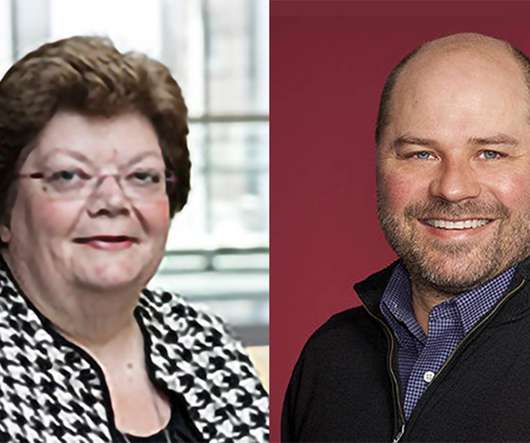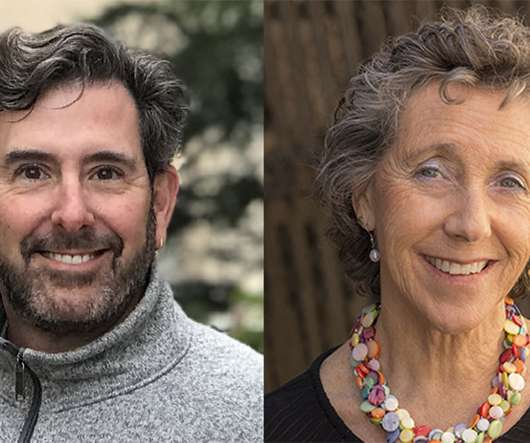Episode 120: Antiracism in Medicine Series Episode 1 – Racism, Police Violence, and Health
The Clinical Problem Solvers
AUGUST 25, 2020
Public health advocate, leader, and scholar, Dr. Camara Phyllis Jones , is credited for creating the framework many healthcare professionals and researchers use to think about systemic racism’s impacts on Black health. Links References discussed throughout episode Hardeman RR, Karbeah J, Kozhimannil KB. 2020;47(1):3-7. 12462 Boyd RW.
















Let's personalize your content